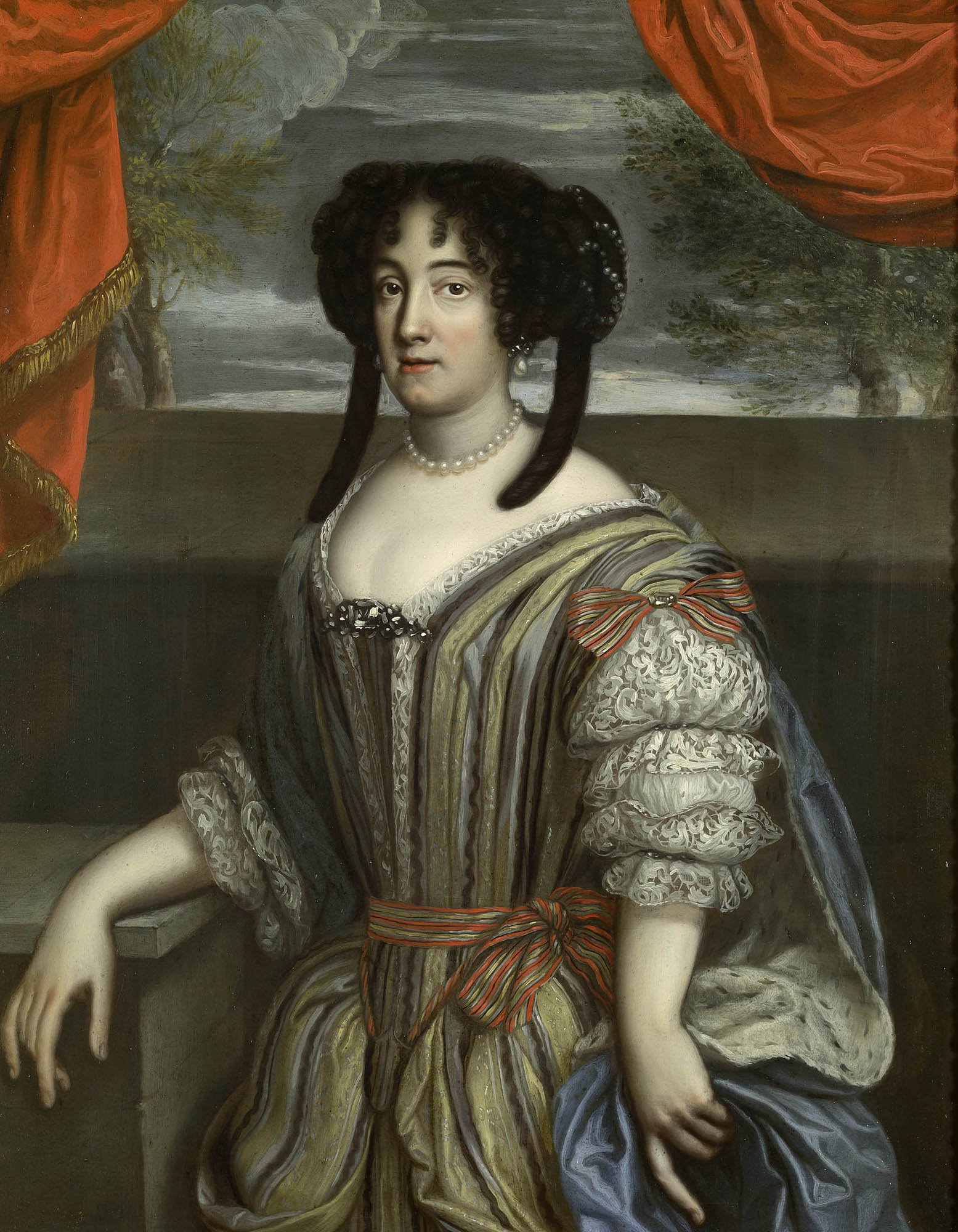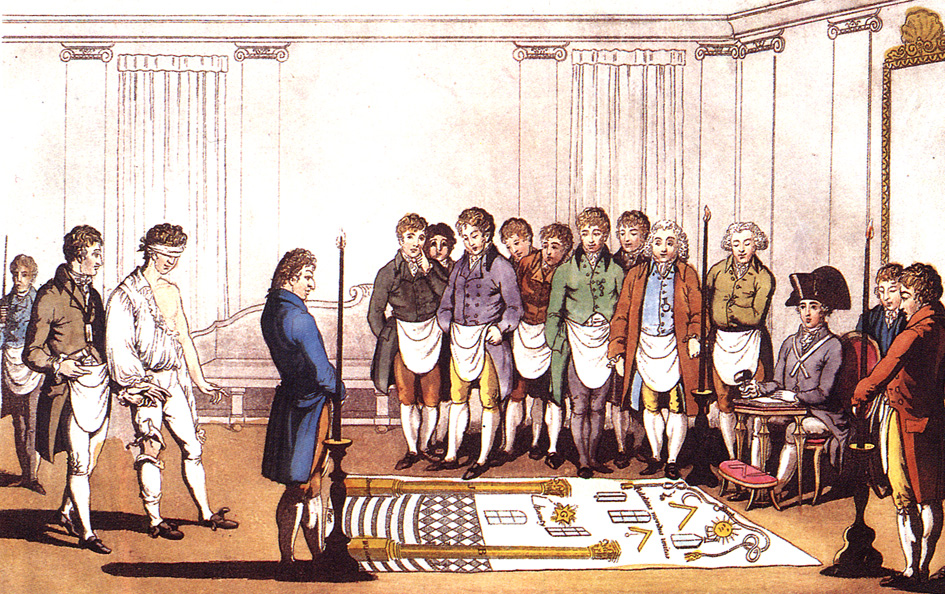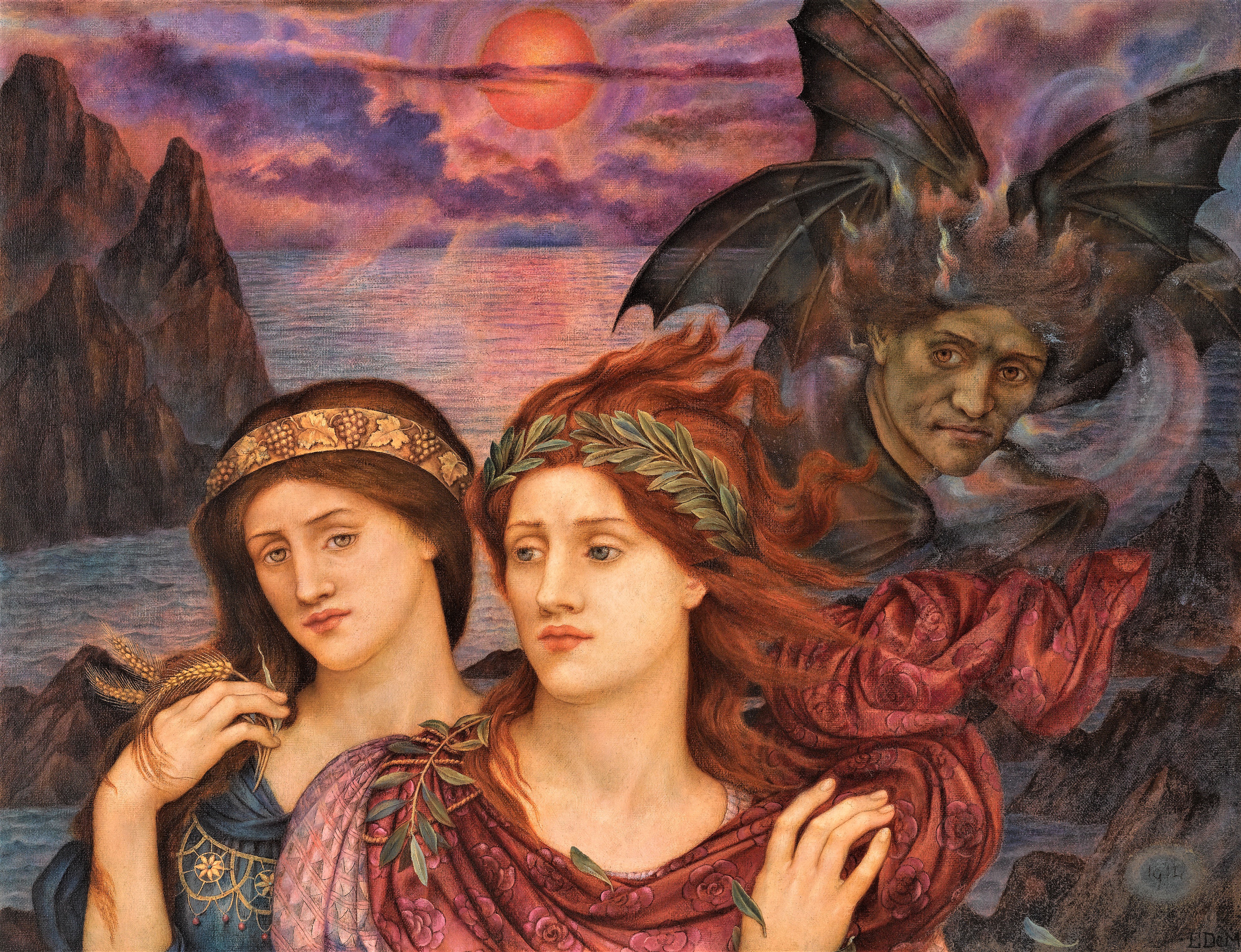|
Henry Adamson
Henry Adamson (1581–1637) was a Scottish poet and historian. Adamson was the son of James Adamson, Dean of the Merchant Guildry and Provost of Perth, Scotland, baptised on 11 November 1581. Henry set out to train as a priest, after his uncle Patrick Adamson, but instead became a schoolmaster in his home city. He died before July in the year 1637. His friend William Drummond encouraged the publication of his most famous poem: ''Muses Threnodie: of Mirthful Mournings on the death of Mr Gall'', (Edinburgh 1638 – see 1638 in poetry). The poem is an important document for its general account of Perth in the seventeenth century. Adamson is credited with first using the word ''curling'' in 1620. He related that his friend, Mr Gall, "a citizen of Perth, and a gentle-man of goodly stature, and pregnant wit, much given to pastime, as golf, archerie, curling and jovial companie". It also records the playing of Golf on the South Inch: It is also particularly noted for its ob ... [...More Info...] [...Related Items...] OR: [Wikipedia] [Google] [Baidu] |
Archbishop Patrick Adamson Coat Of Arms
In Christian denominations, an archbishop is a bishop of higher rank or office. In most cases, such as the Catholic Church, there are many archbishops who either have jurisdiction over an ecclesiastical province in addition to their own archdiocese ( with some exceptions), or are otherwise granted a titular archbishopric. In others, such as the Lutheran Church of Sweden and the Church of England, the title is borne by the leader of the denomination. Etymology The word archbishop () comes via the Latin ''archiepiscopus.'' This in turn comes from the Greek , which has as components the etymons -, meaning 'chief', , 'over', and , 'seer'. Early history The earliest appearance of neither the title nor the role can be traced. The title of "metropolitan" was apparently well known by the 4th century, when there are references in the canons of the First Council of Nicæa of 325 and Council of Antioch of 341, though the term seems to be used generally for all higher ranks of bishop ... [...More Info...] [...Related Items...] OR: [Wikipedia] [Google] [Baidu] |
Archery
Archery is the sport, practice, or skill of using a bow to shoot arrows.Paterson ''Encyclopaedia of Archery'' p. 17 The word comes from the Latin ''arcus'', meaning bow. Historically, archery has been used for hunting and combat. In modern times, it is mainly a competitive sport and recreational activity. A person who practices archery is typically called an archer, bowman, or toxophilite. History Origins and ancient archery The oldest known evidence of the bow and arrow comes from South African sites such as Sibudu Cave, where the remains of bone and stone arrowheads have been found dating approximately 72,000 to 60,000 years ago.Backwell L, d'Errico F, Wadley L.(2008). Middle Stone Age bone tools from the Howiesons Poort layers, Sibudu Cave, South Africa. Journal of Archaeological Science, 35:1566–1580. Backwell L, Bradfield J, Carlson KJ, Jashashvili T, Wadley L, d'Errico F.(2018). The antiquity of bow-and-arrow technology: evidence from Middle Stone Age laye ... [...More Info...] [...Related Items...] OR: [Wikipedia] [Google] [Baidu] |
Scottish Poets
Scottish usually refers to something of, from, or related to Scotland, including: *Scottish Gaelic, a Celtic Goidelic language of the Indo-European language family native to Scotland *Scottish English *Scottish national identity, the Scottish identity and common culture *Scottish people, a nation and ethnic group native to Scotland *Scots language, a West Germanic language spoken in lowland Scotland *Symphony No. 3 (Mendelssohn), a symphony by Felix Mendelssohn known as ''the Scottish'' See also *Scotch (other) *Scotland (other) *Scots (other) *Scottian (other) *Schottische The schottische is a partnered country dance that apparently originated in Bohemia. It was popular in Victorian era ballrooms as a part of the Bohemian folk-dance craze and left its traces in folk music of countries such as Argentina (" chotis" ... * {{disambiguation Language and nationality disambiguation pages ca:Escocès ... [...More Info...] [...Related Items...] OR: [Wikipedia] [Google] [Baidu] |
17th-century Scottish Historians
The 17th century lasted from January 1, 1601 ( MDCI), to December 31, 1700 ( MDCC). It falls into the early modern period of Europe and in that continent (whose impact on the world was increasing) was characterized by the Baroque cultural movement, the latter part of the Spanish Golden Age, the Dutch Golden Age, the French '' Grand Siècle'' dominated by Louis XIV, the Scientific Revolution, the world's first public company and megacorporation known as the Dutch East India Company, and according to some historians, the General Crisis. From the mid-17th century, European politics were increasingly dominated by the Kingdom of France of Louis XIV, where royal power was solidified domestically in the civil war of the Fronde. The semi-feudal territorial French nobility was weakened and subjugated to the power of an absolute monarchy through the reinvention of the Palace of Versailles from a hunting lodge to a gilded prison, in which a greatly expanded royal court could be mo ... [...More Info...] [...Related Items...] OR: [Wikipedia] [Google] [Baidu] |
Alumni Of The University Of St Andrews
Alumni (singular: alumnus (masculine) or alumna (feminine)) are former students of a school, college, or university who have either attended or graduated in some fashion from the institution. The feminine plural alumnae is sometimes used for groups of women. The word is Latin and means "one who is being (or has been) nourished". The term is not synonymous with "graduate"; one can be an alumnus without graduating ( Burt Reynolds, alumnus but not graduate of Florida State, is an example). The term is sometimes used to refer to a former employee or member of an organization, contributor, or inmate. Etymology The Latin noun ''alumnus'' means "foster son" or "pupil". It is derived from PIE ''*h₂el-'' (grow, nourish), and it is a variant of the Latin verb ''alere'' "to nourish".Merriam-Webster: alumnus .. Separate, but from th ... [...More Info...] [...Related Items...] OR: [Wikipedia] [Google] [Baidu] |
Writers From Perth, Scotland
A writer is a person who uses written words in different writing styles and techniques to communicate ideas. Writers produce different forms of literary art and creative writing such as novels, short stories, books, poetry, travelogues, plays, screenplays, teleplays, songs, and essays as well as other reports and news articles that may be of interest to the general public. Writers' texts are published across a wide range of media. Skilled writers who are able to use language to express ideas well, often contribute significantly to the cultural content of a society. The term "writer" is also used elsewhere in the arts and music, such as songwriter or a screenwriter, but also a stand-alone "writer" typically refers to the creation of written language. Some writers work from an oral tradition. Writers can produce material across a number of genres, fictional or non-fictional. Other writers use multiple media such as graphics or illustration to enhance the communication of th ... [...More Info...] [...Related Items...] OR: [Wikipedia] [Google] [Baidu] |
1639 Deaths
Events January–March * January 14 – Connecticut's first constitution, the Fundamental Orders, is adopted. * January 19 – Hämeenlinna ( sv, Tavastehus) is granted privileges, after it separates from the Vanaja parish, as its own city in Tavastia. *c. January – The first printing press in British North America is started in Cambridge, Massachusetts, by Stephen Daye. * February 18 – In the course of the Eighty Years' War, a sea battle is fought in the English Channel off of the coast of Dunkirk between the navies of the United Provinces of the Netherlands, with 12 warships, and Spain, with 12 galleons and eight other ships. The Spanish are forced to flee after three of their ships are lost and 1,600 Spaniards killed or injured, while the Dutch sustain 1,700 casualties without the loss of a ship. * March 3 – The early settlement of Taunton, Massachusetts, is incorporated as a town. * March 13 – Harvard University is named for cler ... [...More Info...] [...Related Items...] OR: [Wikipedia] [Google] [Baidu] |
1581 Births
1581 ( MDLXXXI) was a common year starting on Sunday (link will display the full calendar) in the Julian calendar, and a common year starting on Thursday (link will display full calendar) of the Proleptic Gregorian calendar. Events January–June * March 18 – The Parliament of England's ''Act against Reconciliation to Rome'' imposes heavy fines, for practising Roman Catholicism. * March 25 – Iberian Union: Philip II of Spain is crowned Philip I of Portugal. * April 4 – Following his circumnavigation of the world, Francis Drake is knighted by Elizabeth I of England. July–December * July 14 – English Jesuit Edmund Campion is arrested. * July 26 **The Northern Netherlands ( Union of Utrecht) proclaim their independence from Spain in the Act of Abjuration, abjuring loyalty to Philip II of Spain as their sovereign, and appointing Francois, Duke of Anjou, as the new sovereign of the Netherlands; public practice of Roman Cath ... [...More Info...] [...Related Items...] OR: [Wikipedia] [Google] [Baidu] |
Mason Word
The history of Freemasonry encompasses the origins, evolution and defining events of the fraternal organisation known as Freemasonry. It covers three phases. Firstly, the emergence of organised lodges of operative masons during the Middle Ages, then the admission of lay members as "accepted" (a term reflecting the ceremonial "acception" process that made non-stone masons members of an operative lodge) or "speculative" masons, and finally the evolution of purely speculative lodges, and the emergence of Grand Lodges to govern them. The watershed in this process is generally taken to be the formation of the first Grand Lodge in London in 1717. The two difficulties facing historians are the paucity of written material, even down to the 19th century, and the misinformation generated by masons and non-masons alike from the earliest years. Freemasonry's long history includes its early development from organised bodies of operative stonemasons to the modern system of speculative lodge ... [...More Info...] [...Related Items...] OR: [Wikipedia] [Google] [Baidu] |
River Tay
The River Tay ( gd, Tatha, ; probably from the conjectured Brythonic ''Tausa'', possibly meaning 'silent one' or 'strong one' or, simply, 'flowing') is the longest river in Scotland and the seventh-longest in Great Britain. The Tay originates in western Scotland on the slopes of Ben Lui ( gd, Beinn Laoigh), then flows easterly across the Highlands, through Loch Dochart, Loch Iubhair and Loch Tay, then continues east through Strathtay (see Strath), in the centre of Scotland, then southeasterly through Perth, where it becomes tidal, to its mouth at the Firth of Tay, south of Dundee. It is the largest river in the British Isles by measured discharge. Its catchment is approximately , the Tweed's is and the Spey's is . The river has given its name to Perth's Tay Street, which runs along its western banks for . Course The Tay drains much of the lower region of the Highlands. It originates on the slopes of Ben Lui (''Beinn Laoigh''), around from the west coast town of Ob ... [...More Info...] [...Related Items...] OR: [Wikipedia] [Google] [Baidu] |
Second Sight
Extrasensory perception or ESP, also called sixth sense, is a claimed paranormal ability pertaining to reception of information not gained through the recognized physical senses, but sensed with the mind. The term was adopted by Duke University psychologist J. B. Rhine to denote psychic abilities such as intuition, telepathy, psychometry, clairvoyance, clairaudience, clairsentience, empathy and their trans-temporal operation as precognition or retrocognition. Second sight is a form of extrasensory perception, whereby a person perceives information, in the form of a vision, about future events before they happen (precognition), or about things or events at remote locations (remote viewing). There is no evidence that second sight exists. Reports of second sight are known only from anecdotes. Second sight and ESP are classified as pseudosciences. History In the 1930s, at Duke University in North Carolina, J. B. Rhine and his wife Louisa E. Rhine conducted an investigatio ... [...More Info...] [...Related Items...] OR: [Wikipedia] [Google] [Baidu] |
Freemasonry
Freemasonry or Masonry refers to fraternal organisations that trace their origins to the local guilds of stonemasons that, from the end of the 13th century, regulated the qualifications of stonemasons and their interaction with authorities and clients. Modern Freemasonry broadly consists of two main recognition groups: * Regular Freemasonry insists that a volume of scripture be open in a working lodge, that every member profess belief in a Supreme Being, that no women be admitted, and that the discussion of religion and politics be banned. * Continental Freemasonry consists of the jurisdictions that have removed some, or all, of these restrictions. The basic, local organisational unit of Freemasonry is the Lodge. These private Lodges are usually supervised at the regional level (usually coterminous with a state, province, or national border) by a Grand Lodge or Grand Orient. There is no international, worldwide Grand Lodge that supervises all of Freemasonry; each Grand ... [...More Info...] [...Related Items...] OR: [Wikipedia] [Google] [Baidu] |










